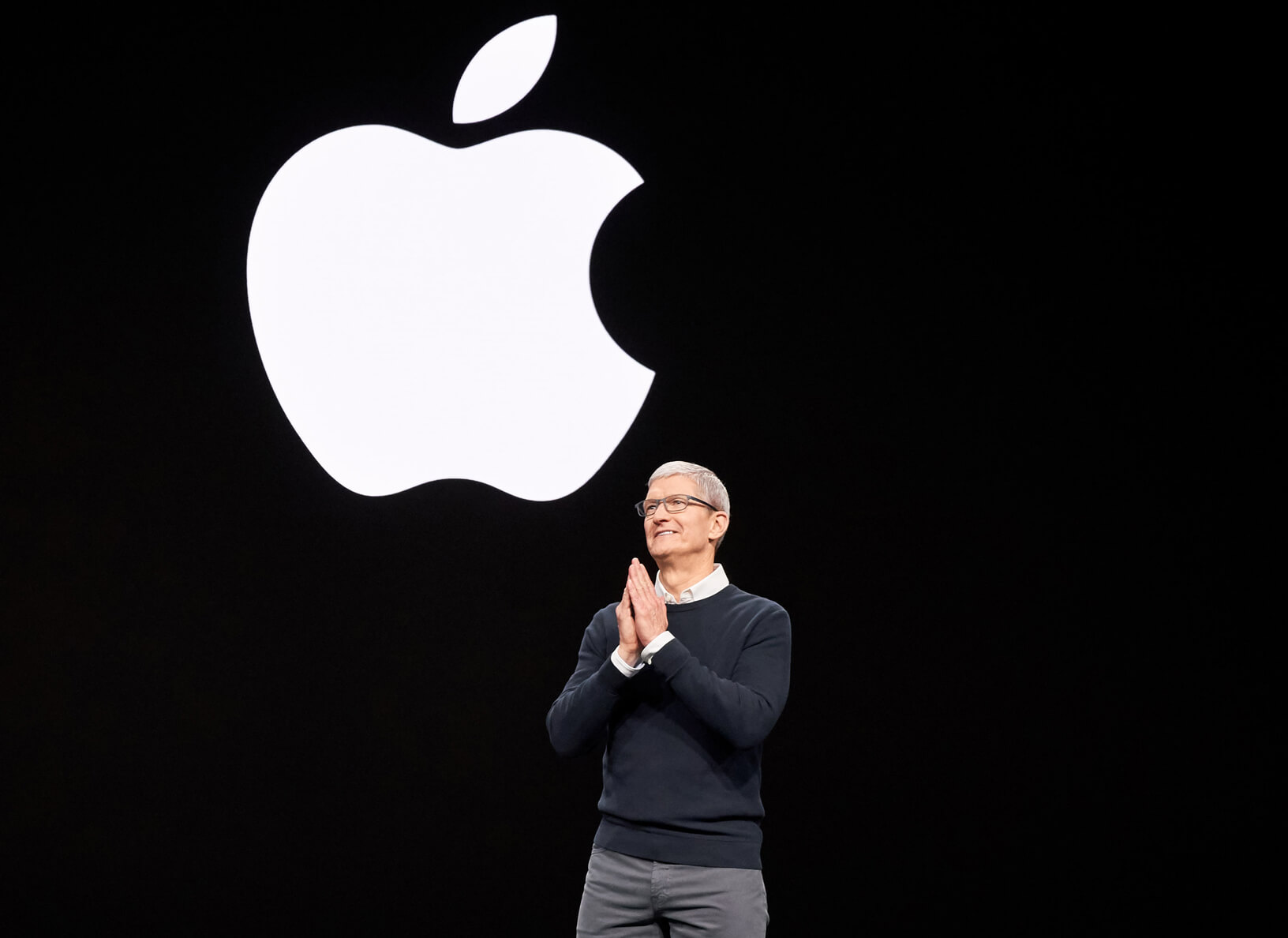In context: Apple isn't the only company that is looking to get a pass on Trump's tariffs, but it looks like it could take the crown for the most persevering one. It's not without reason, of course, as the company is known for practicing high margins on products built with custom components and cheap labor, and stands to lose a lot more than the competition.
On Tuesday, Apple posted its financial numbers for the second quarter of 2019, and once again saw a bump in stock price even though it had no growth story to tell. A small detail, however, is that a 41 percent chunk of all earnings came from U.S. customers, which is easy to overlook when looking at the big picture.
During yesterday's investor call, CEO Tim Cook said the company is exploring options to assemble the new "cheese grater" Mac Pro in the United States, and continue the tradition it started with the previous, "trash can" version. Apple made a big deal of making the high end PC in America, but got burned in the process – a shortage of essential parts that would hold the funky computer together left the relatively few that could afford it waiting quite a bit for it to be delivered.
Naturally, Apple wants to avoid repeating that embarrassing situation, so it applied for exemption from Trump's tariffs on essential components that it couldn't reliably source from places other than China. Tim Cook said "we're working and investing currently in capacity to do so, because want to continue to be here. And so that's what's behind the exclusions. So we're explaining that and hope for a positive outcome."
While Trump denied the exclusion request with a high pitched tweet, Cook seems confident he'll eventually come around. After all, the whole point of requesting the tax waivers was to continue supporting the president's "Made in America" rhetoric. Even if he does reconsider, the 2019 Mac Pro is expected to start shipping this fall, so the first batches of the $5,999+ computer might not be assembled in the U.S. anyway.
On Friday, Trump said to CNBC "a man I have a lot of liking for and respect is Tim Cook, and we'll work it out, I think they're going to announce that they're going to build a plant in Texas, and if they do that I'm starting to get very happy, okay."
Apple has been looking for other avenues it could take to avoid the effect of U.S. tariffs, such as moving some production outside of China – a plan that Microsoft, Google, Amazon, and others are also considering. The key difference here is the Cupertino giant stands to lose the most, with some estimating as much as a 30 percent drop in profits in case China decides to ban its products, on top of having to cut into its margins for almost half of what it sells.
